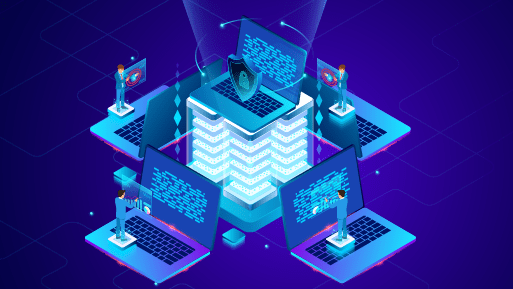You probably have some form of cybersecurity program already in place. Maybe a Norton app that scanned this page for you before you opened it. While that may be good but yet not be enough to tackle or address the evolving cyber threats in the industry. We live in an era of rampant cyber security threats. Mistakes are as easy to make as they are punishing. In this article today let us take a look at why developing a cybersecurity program is worth the cost for your business.
Breaches are Expensive
When we talk about breaches it is hard to even quantify the true cost of the incident of a security breach. Even in scenarios where no actual money has been stolen, you will still probably be facing fines and fees. Some of the popular examples of breaches would be Marriot which was wound up on the hook for many millions of dollars in fines, Yahoo having faced similar forms of fines and a class action lawsuit following their infamous breaches.
Then there comes the time cost which is equally critical in business. It can take years for a bad actor to be noticed in your system, and many months to recover even after the cyberthreat has been identified. Cybersecurity can be expensive, yes, but like insurance, it’s an expense you have to accept to do business in the modern world.
A Bigger Threat
Hackers and other cyber threats are now more common than ever before. Thanks to the proliferation of computer skills, it is now easier than ever for bad actors to get the skills they need to perform an attack and achieve their malicious objectives. There are more than 30,000 cyber-attacks directed toward businesses every single day. Such cyber threats often have a huge impact on the business financially and non-financially.
In worst-case scenarios, businesses also end up shutting down for the financial and reputational impact that it ends up having on the business. So, today the most important question to be asked is whether your business is capable of dealing with such cyber threats. Developing and establishing robust cyber security systems goes a long way in managing threats and preventing the impact of a breach. It is indeed a great way of also keeping you and your customer’s information safe in the bargain.
Your Customers are Counting On You
Virtually every business deals with some form of customer data. If you are an online store, you probably have many customers’ personal and financial data including the billing information on record. If you are a subscription service, you almost certainly keep customer credit cards on file. Even local coffee shops maintain customer data, through email lists, customer surveys, and more. This is the age of information, and information is everywhere.
When your customers do business with you, they usually assume that there is no degree of personal risk involved. Unfortunately, all of the data breaches that frequently splash their way into the headlines tell a different story. From Yahoo to Marriot, big businesses have shown us time and time again that simple mistakes can jeopardize vast swaths of customer data.
Not only does a breach hurt the customer, but chances are it will hurt you as well. So, with an incident of data breach and its repercussions on customers as well, how many customers out of that lot do you think are going to continue doing business with the company that mishandled their information?
Business Reputation
When we talk about customer confidence in business, it is also seen as a reputation built in the market about your brand and business safety on the whole. For instance, achieving PCI Compliance certification is a reflection of your business taking all the necessary steps and measures to protect customers’ credit card information. While achieving PCI DSS Compliance may not be legally mandatory, achieving compliance is valuable for businesses and their customers in several ways. For one thing, taking the steps towards PCI compliance will legitimately make your transactions safer.
It can also make your business more marketable. You can use your PCI status in your branding to describe yourself as a safe company that cares about your customers. Though not guaranteed, it’s also worth mentioning that some credit card companies may give you a small but worthwhile break on fees if you can prove you are taking steps towards ensuring safe transactions. They want to incentivize businesses to invest in cybersecurity because when they do, it means fewer customer-challenged transactions for the credit card company over time.
Getting It Done
Consider hiring a cyber security professional to help you with your online protection needs. Cyber security and related fields such as forensic accounting are in high demand now, thanks to the big shift towards digital business that has occurred over the last several years. Now is the perfect time to rethink your cyber security needs with the help of a knowledgeable professional. Investing in a good cyber security program is definitely worth the spending than the risk of bearing the brunt of a breach incident.

